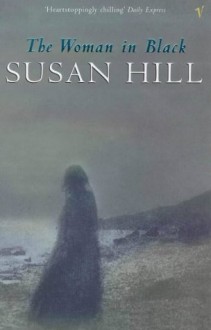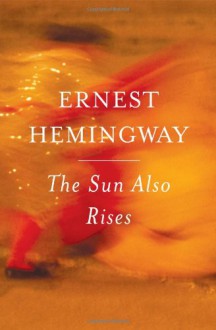
I'll let the book itself tell it
my main sensation was one of tedium and a certain lethargy, combined with a desire to finish the job
As a love letter and homage to Victorian ghosts stories, it fell very short. Hill clearly is familiar with the elements, which is necessary, but then fumbles them. A little flare is essential in these type of tales, specially when it's a throw-back to the style case.
As it is, it managed to bore me and made me struggle to finish the short pages. Everything is telegraphed pages and pages in advance, so by the middle I was just rolling my eyes and waving a "get on with it". No surprises, and a foregone conclusion.
It is not dreadful. It might appeal to a kid during that starting-to-read horror-addiction phase. And the beginning was somewhat promising. The jump-in-time matrioshka thing could have been interesting if it had been panned out, but only the framing was kept, and all the head-ache of years-math was for nothing. Seriously, what was with that house-buying reminiscing? Useless fat. And the morning-at-the-office while catching the train... tell it straight if it has no purpose!.
Then there are the issues of character calling things Victorian. Given the three times we are working with (the maybe 50 years old man writing, the recount of buying his house when he was some 35, and main story when he was 22/23, where a car appears) it could be that the protagonist is applying more modern terms to his past thinking. But I feel like either the author tried to get a cute wink at the fourth wall and it fell dead, or she forgot to stay in time (since she seems to be aiming for an "authentic" Victorian ghost story).
This last might be me over-estimating how long it took people to call the Victorian era such, and identify things and styles with it.
Anyway, I'm done roasting. Not awful or offensive, but I'm not reading another of hers.


 Log in with Facebook
Log in with Facebook 









